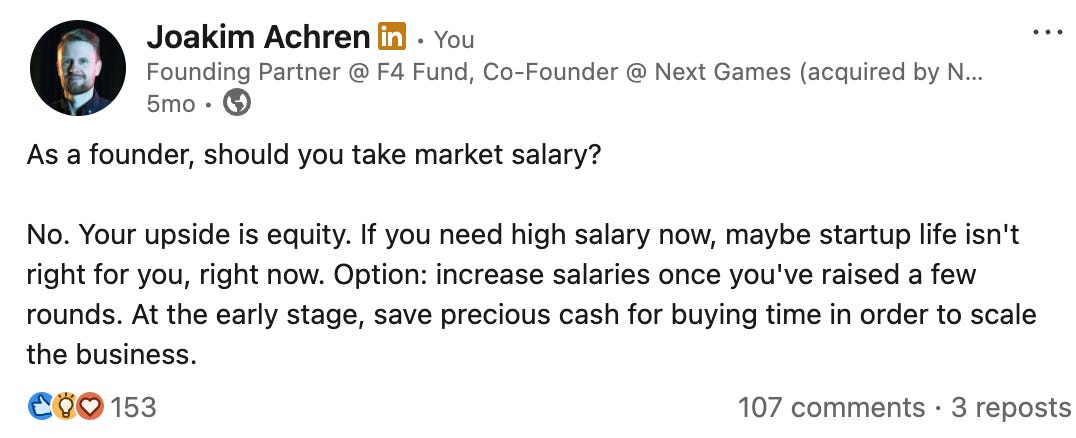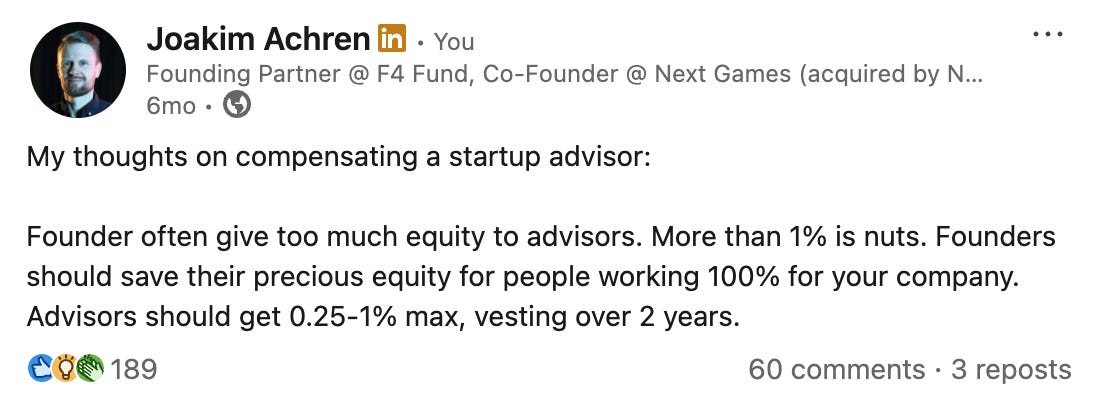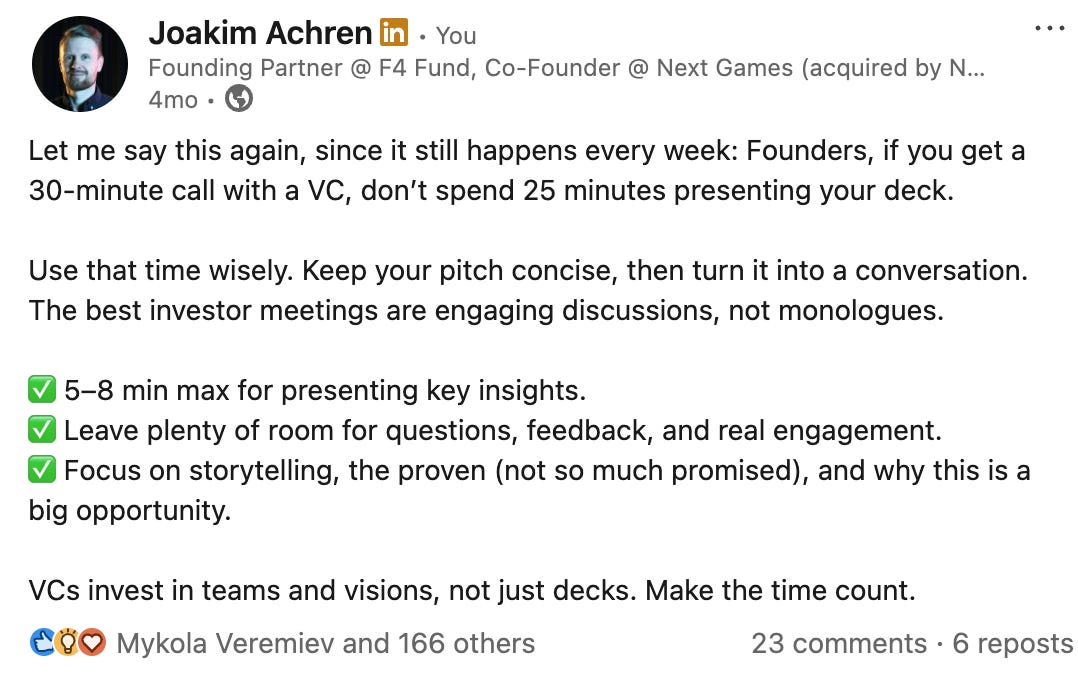H1 2025 recap
Here I share the highlights on what's been happening on my Substack during the first half of 2025.
It’s been a great year so far, and I’ve been really excited about AI and it’s possibilities. I’ve been coding a lot of stuff with Cursor AI and will be sharing more about what I’ve discovered in H2.
But now, let’s take a look at what happened during the first half of 2025.
Most read pieces
During the first half of 2025, these pieces were the most read on my Substack.
12 Lessons Helsinki Can Learn from Istanbul’s Mobile Gaming Boom (link)
Helsinki was once the beating heart of mobile gaming in Europe. Finnish devs built the blueprint for what a world-class mobile gaming ecosystem could look like. But as the market has matured and become more competitive, the pace in Helsinki has slowed. Meanwhile, Istanbul is having its breakout moment. Turkish founders are younger, hungrier, and treating gaming as a business from day one. They move fast, test aggressively, and are laser-focused on growth. Where Helsinki once led with creativity and genre innovation, Istanbul is now winning on execution, marketing, and commercial discipline. In this piece, I wrote about the lessons that Helsinki, and other gaming hubs, can learn from Istanbul.
Building for Everyone: The UX Challenge of Consumer AI (link)
Most people don’t enjoy writing prompts or figuring out how to “talk” to an AI. They want simple menus, clear results, and predictable outcomes. ChatGPT is powerful, but it still feels too much like programming for the average user. That’s why lightweight, well-designed consumer apps still have plenty of room to grow. The interface, not the model, is what wins. In this piece, I break down the key adoption barriers and what’s coming next.
The Angel Portfolio Playbook: What Failures and One Exit Taught Me So Far (link)
Back in 2019, after 15 years as a founder, I started writing small angel checks into gaming startups. One thing led to another, and over four years I backed 34 companies, mostly in gaming, before launching a fund in 2024. Now in 2025, the portfolio has one strong exit, a handful of stars, a group of companies with solid markups, and a fair number that went to zero. The main lessons? Returns take time, portfolio size matters, and sector concentration can be a double-edged sword. I’ve broken down what worked, what didn’t, and what I’d do differently, in this full piece.
Books I recommend
This year hasn’t been the most active for me in reading books. I made a target to read 30 books this year, but I’ve only read nine books so far, which means that I’m well behind on my target.
Here’s a few books that I do recommend as reading for the first half of 2025.
Mark Twain by Ron Chernow (on Amazon)
I recently finished reading Mark Twain by Ron Chernow, and it has become one of the most fascinating biographies I have encountered. Twain is not only considered the most foundational figure in American literature, he also had an unusually complex and dynamic personality. Chernow highlights Twain’s deep interest in innovation. His love for inventing, funding startups, investing, and experimenting matched his passion for writing. Mark Twain’s blend of creativity and entrepreneurial curiosity feels especially relatable to me, as someone who is drawn to both writing and the world of technology and investment. Chernow weaves these different sides of Twain into a complex and compelling portrait of a man who shaped American culture through both his words and his imagination.
If it's your job to eat a frog, it's best to do it first thing in the morning. And If it's your job to eat two frogs, it's best to eat the biggest one first.
— Mark Twain
Never Enough: From Barista to Billionaire by Andrew Wilkinson (on Amazon)
This book stuck with me. It gives a glimpse into what it’s like to start from nothing, build a massive business, go through the ups and downs, and eventually leading to wealth of a billionaire. Not because that was the plan, but because the drive just kept pulling forward.
What stood out was how honest Andrew is about what wealth actually gives you and what it doesn’t. He experiments with money, tries to understand what problems it solves, and what it can never touch. Once things like rent, food, or your mortgage are no longer an issue, there’s a moment where you realize it just could be enough. But that voice, the one pushing the entrepreneur to keep going, doesn’t go quiet.
At the core, the book asks a simple but difficult question: can anything ever be enough? It looks at the rewards of success, the financial, social, emotional ones, and how even when you get them, that hunger often remains. That tension felt familiar to me. It’s not just about ambition, it’s about who you are.
If your the type who likes to builds things or chase something, there’s a good chance this book will resonate.
Things I posted
Here are some of the social media posts I wrote this spring on LinkedIn:
(Link for the above one)
(Link for the above one)
(Link for the above one)
Final words
Hope you all are enjoying the summer! Helsinki is really warm now and very much the opposite of what we have here when most of you are coming to Slush in November.
Take care everyone!





